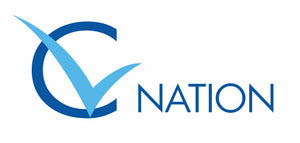If you’re planning on pursuing jobs as a software engineer, you’ll need to get yourself prepared for job interviews. To give yourself the best chance of succeeding in software engineering job interviews, you would be wise to prepare your answers in advance.
This guide includes 20 of the most common job interview questions for software developers and engineers, along with example answers and job interview tips to help you ace your interview. Use our tips and example answers to prepare your own answers and give yourself a better chance of succeeding in your interview.
